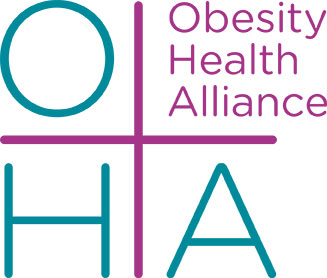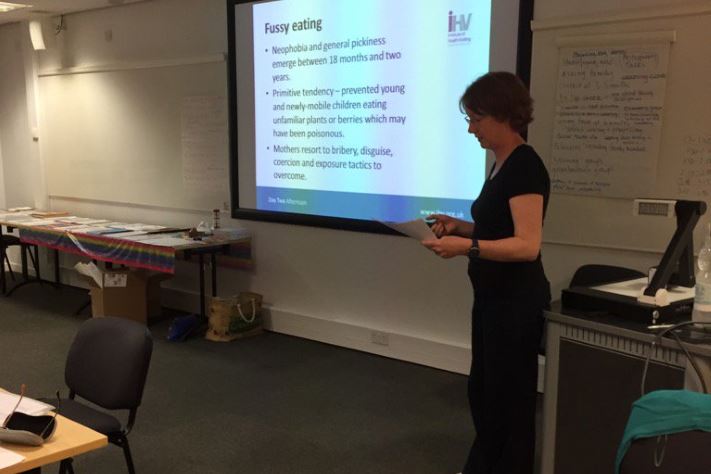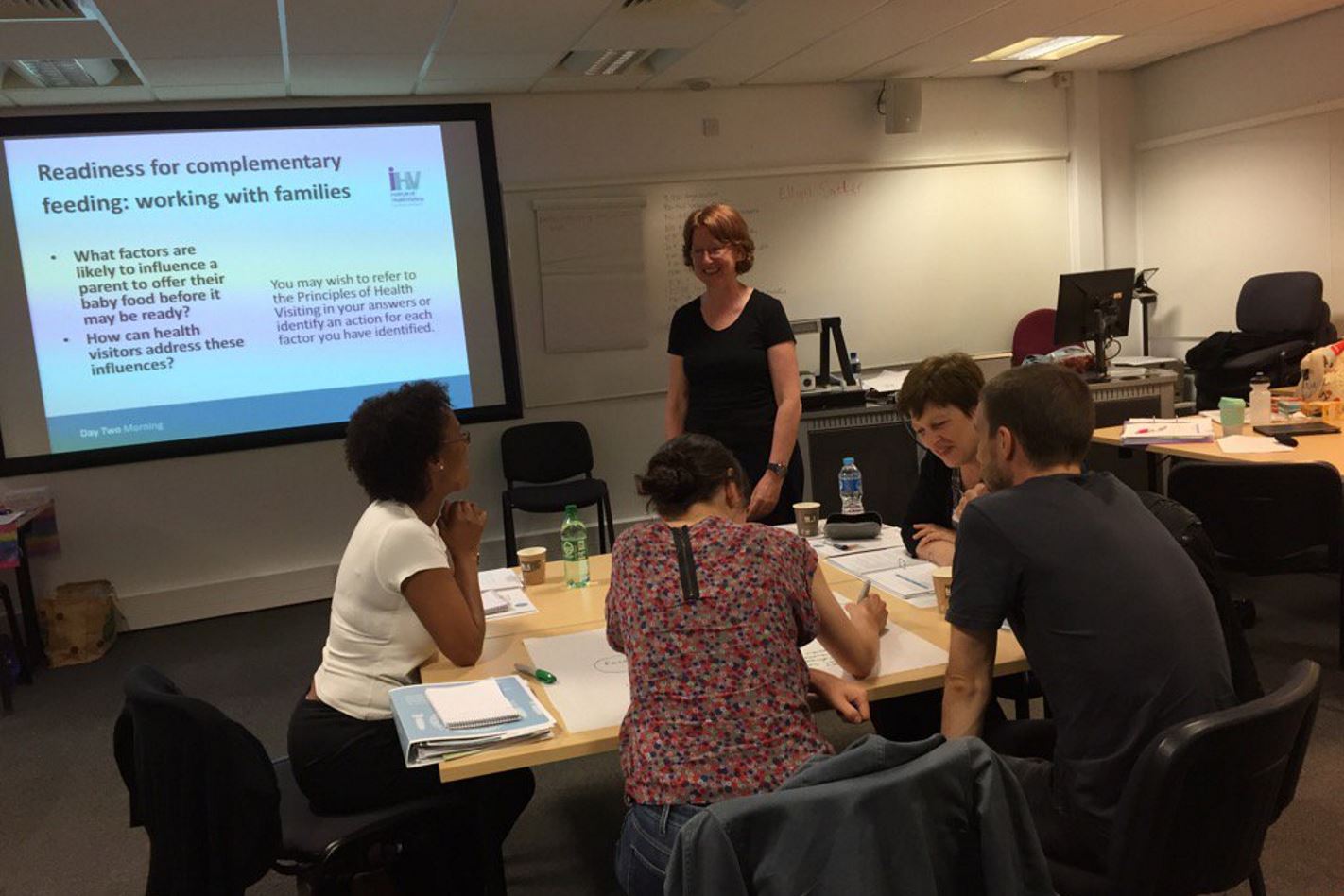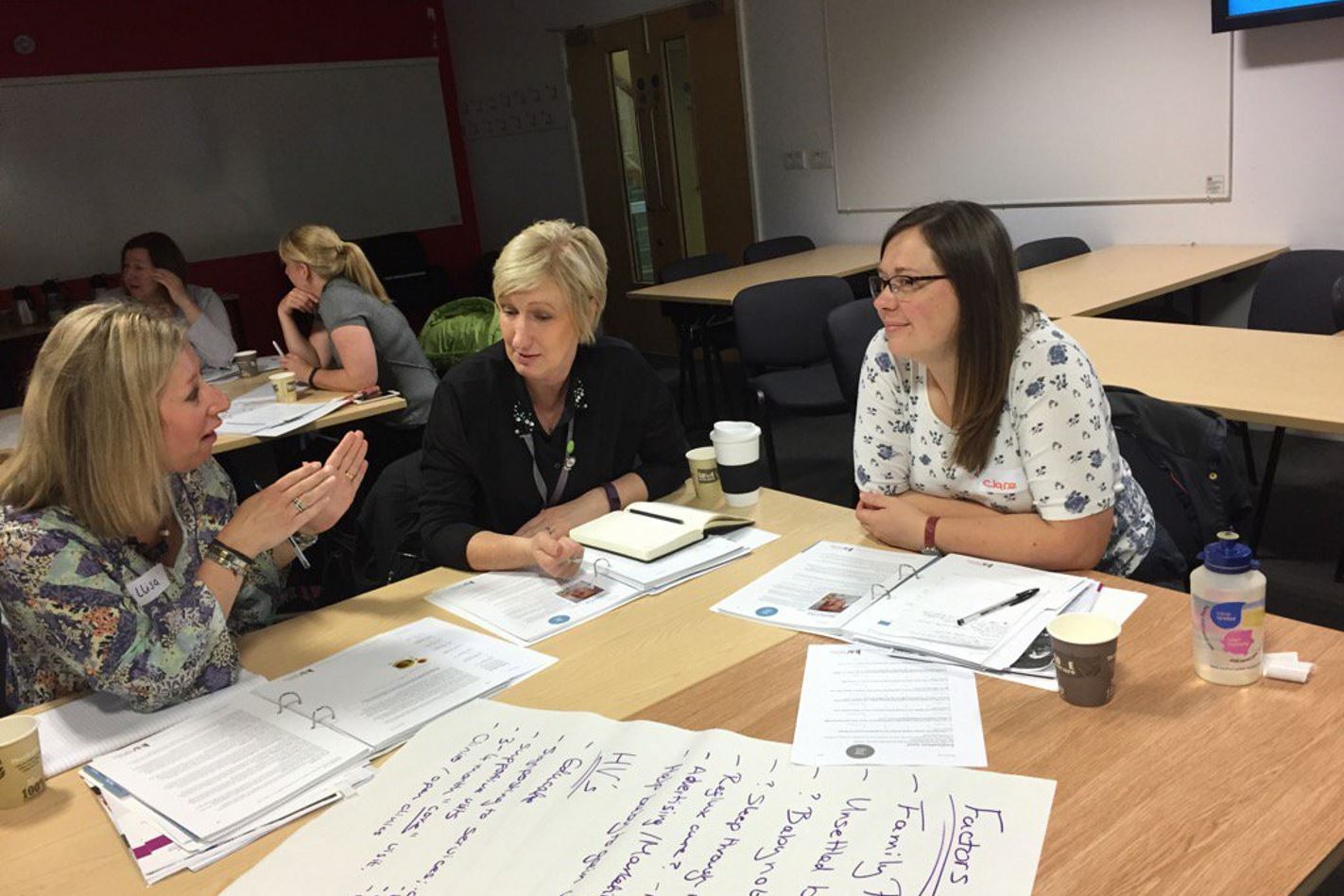First Steps Nutrition, the country’s leading early years public health nutrition charity, has shared their response to the Government Food Strategy published on 13 June 2022. The response has been sent to Sajid Javid, the Secretary of State for Health and Social Care, and Chris Whitty, the Chief Medical Officer for England and warns that, without improving diets in the early years, the rising national tide of obesity will not be reversed. The response also sets out the charity’s concerns that the Food Strategy does not make explicit, or address, the food and nutrition needs and vulnerabilities of infants and young children, stating,
“We are pleased to finally see a ‘Food Strategy’ for England released, to “start the conversation” about how best to deliver “healthier, more home-grown and affordable diets for all…”. However, this is not the comprehensive strategy we were hoping for. In particular, we believe it is misleading to state it is applicable to all, because the food and nutrition needs of babies (aged 0-12 months old) are ignored and those of young children (aged 1- 5) are barely considered…”
The early years of life set the trajectory for future health; excess weight gain in infancy affects later child weight and once established, obesity is harder to reverse. The Government recognises this and has set a target to reduce obesity prevalence by half by 2030 – but unless the nutritional needs of babies and young children are addressed, this target will not be achieved. Over 14% of children who started school in England in 2020 were already living with obesity, and among those from the most deprived households, the prevalence was 20.3%.
The charity also raises concerns that the Food Strategy pays disproportionate attention to individuals’ food choices in an environment in which families are not enabled to eat well – and this includes support to breastfeed.
To enable more children to maintain a healthy weight as they grow, First Steps Nutrition set out some key recommendations for the Government in their report published in May 2021: Enabling children to be a healthy weight. This contained 7 priority recommendations for babies and young children:
- Invest in leadership and strategy on maternal, infant and young child nutrition
- Collect data on infant and young child feeding practices and ensure better measurement and population surveillance of nutritional status in the early years
- Invest in universal breastfeeding support
- Strengthen and enforce regulations on the composition, labelling and marketing of formula and commercially-produced foods and drinks aimed at infants and young children
- Protect and expand universal health visiting services
- Review and refresh the Healthy Start scheme & increase the payment value
- Make food and drink standards in early years settings mandatory
The iHV is delighted to see that the recommendation to ‘Protect and expand universal health visiting services’ has been included. The response highlights the central role that health visitors play in enabling families and their babies and young children to eat well, stating:
“Statutory family support services need to be made fit for purpose if we are to stem the rising tide of obesity. Babies and children under two are the most vulnerable of all our children to the consequences of inadequate nutrition, and are also least likely to have engagement with public services. Health visitor numbers have been decimated since health visiting was transferred to local authority commissioning, and yet, alongside GPs, these specialist community public health nurses are often the only professionals who have contact with babies and young children and their families.”
The Healthy Child Programme sets out how health visitors can work with parents from preconception, through pregnancy and to their child starting school. Health visitors are therefore uniquely placed to support families with healthy weight and nutrition and identify children at risk of obesity. The evidence is clear that families are more likely to engage in this topic if they have a trusted relationship with a practitioner who is able to build on their strengths and support them to be in control of the things that matter to them and help them stay healthy– it takes skill to do this work well because obesity is a very sensitive topic. To achieve this, we need more health visitors, and a service built around relationships through continuity of care with an increased number of universal contacts for all families, and targeted support when needed.
The iHV welcomes this response from First Steps Nutrition and supports its recommendations. We would like to extend our heartfelt thanks to the team at First Steps Nutrition for continuing to advocate for better services and support for babies, young children and families, and also for their ongoing support of health visiting.
Thank you – and we look forward to continuing to work with you!








![By Mallinaltzin (Own work) [CC BY 3.0 (http://creativecommons.org/licenses/by/3.0)], via Wikimedia Commons](https://ihv.org.uk/wp-content/uploads/2016/06/Obesidad_en_Mexico_1422x948.jpg)
